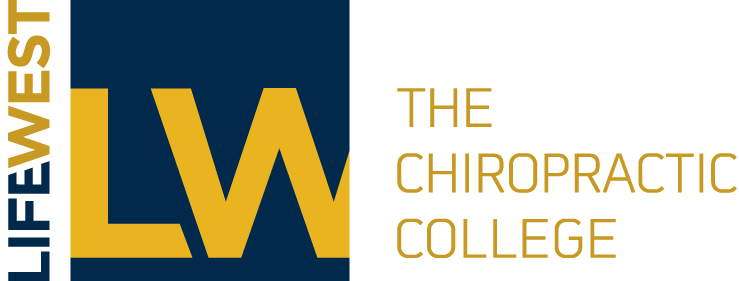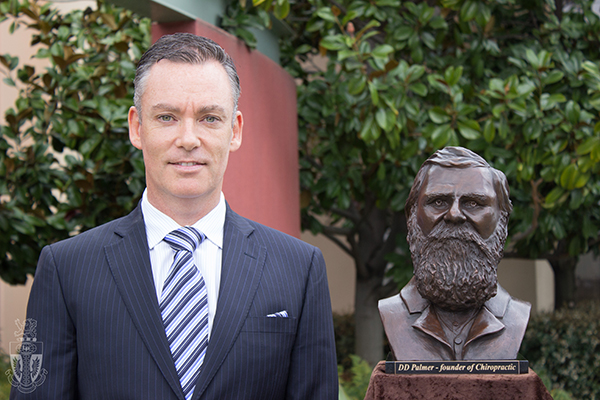Kim Khauv, DC, a member of the Life West faculty, recently co-authored a research article published in the Annals of Vertebral Subluxation Research: “Cervical Spine Subluxation Leading to Discoligamentous Injury Following a Motor Vehicle Accident: A Case Report.” Here’s an overview of the report.
Objective: Current literature demonstrates that traumatic cervical spine injuries are difficult to diagnose, potentially leading to catastrophic consequences. Standard radiography, computerized tomography scans (CT), and magnetic resonance imaging (MRI) have limitations. A highly accurate Computed Radiographic Mensuration Analysis (CRMA) system has been utilized to assess segmental motion. The objective of this case study is to describe the application of CRMA on cervical flexion/extension radiographs for the diagnosis of cervical vertebral subluxation and discoligamentous instability following a motor vehicle accident.
Clinical Features: A 27-year-old male presented to a chiropractic office with whiplash-associated disorder (WAD) after a motor vehicle incident four years prior. Two previous MRI studies revealed cervical spine disc bulges and annular fissure but failed to diagnose cervical vertebral subluxation and discoligamentous instability.
Intervention and outcomes: An informed consent was obtained from the patient for examination and radiographic examination. A radiographic examination consisting of a five-view cervical spine series, analyzed by CRMA, revealed cervical spine translation of 4.24 millimeters at the fourth cervical vertebra (C4) over the fifth cervical vertebra (C5) in flexion and extension films.
Conclusion: This case report suggests CRMA software may be a useful tool to accurately diagnose cervical vertebral subluxation and discoligamentous instability in MVA patients. We encourage future studies utilizing the CRMA software to improve diagnosis of cervical spine injuries.
Look for more of the great research being done by Life West and colleagues in this space. Do you have something to share? Email us at communications@lifewest.edu.









